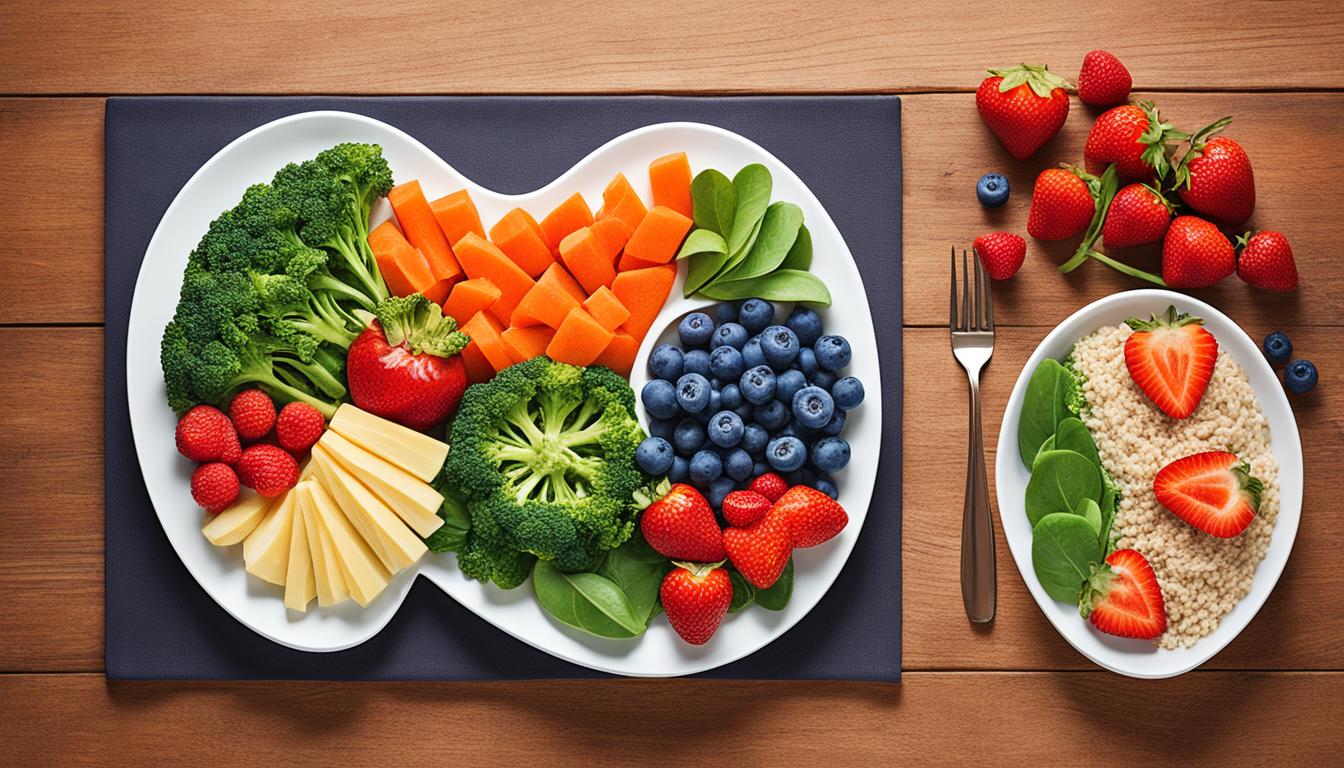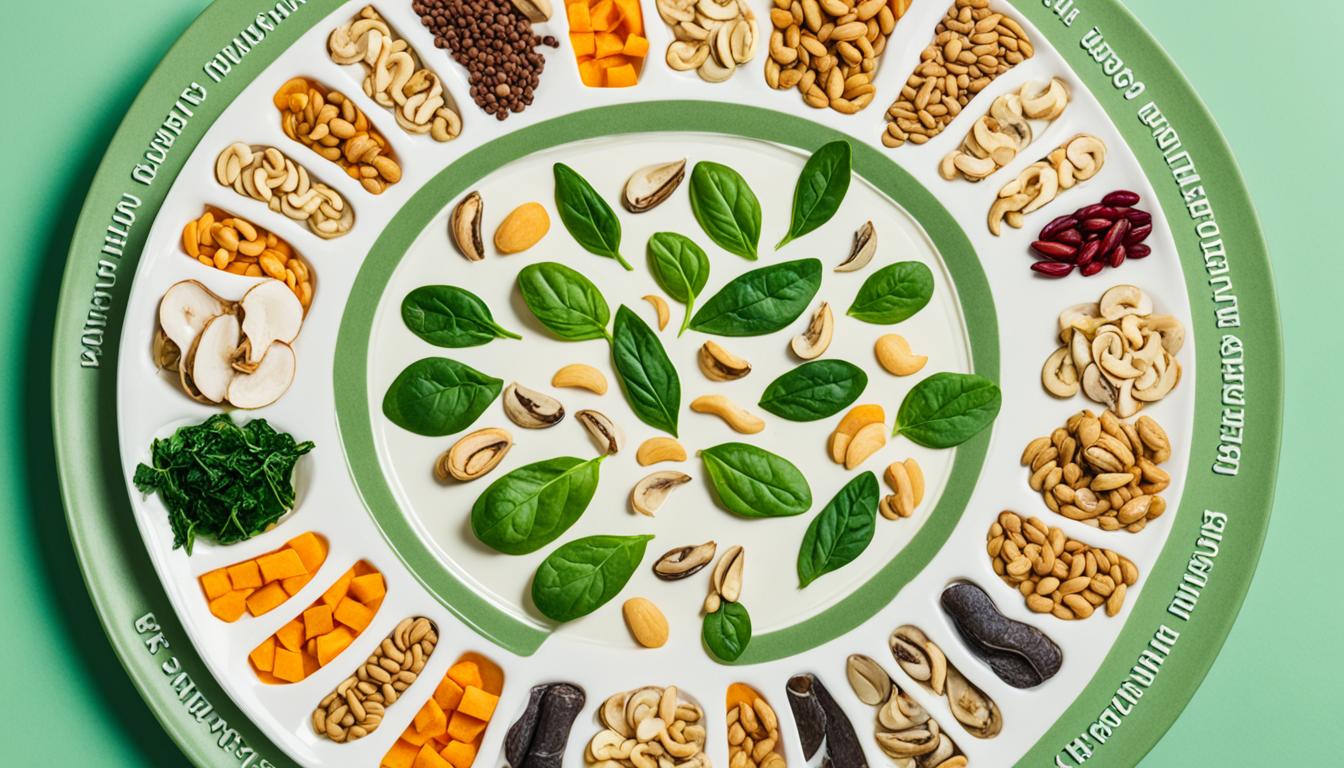Tips for Building Muscle

Building muscle requires a combination of consistent resistance training and proper nutrition. While exercise is crucial, nutrition plays a vital role in providing the necessary fuel and nutrients for muscle growth and repair. In this article, we will discuss key nutrition tips and a sample meal plan to support your muscle-building goals.
-
Eat sufficient calories.
To build muscle, you need to consume an adequate amount of calories to support your energy needs and provide a surplus for muscle growth. Calculate your total daily energy expenditure (TDEE) and aim to consume slightly more calories than you burn. This surplus should come from nutrient-dense foods to ensure optimal muscle development.
-
Prioritize protein intake:
Protein is the building block of muscle tissue and is essential for muscle growth and repair. Include high-quality protein sources in your meals, such as lean meats, poultry, fish, eggs, dairy products, legumes, and plant-based protein options like tofu and tempeh. Aim for a protein intake of around 1.2-2 grams per kilogram of body weight per day, depending on your activity level and goals.
-
Distribute protein intake:
To optimize muscle protein synthesis, it is beneficial to distribute your protein intake evenly throughout the day. Aim for 20–30 grams of protein per meal and include a protein source in each snack. This approach ensures a constant supply of amino acids, supporting muscle recovery and growth.
-
Include carbohydrates for energy.
Carbohydrates are the primary fuel source for intense workouts and provide energy for muscle contractions. Include complex carbohydrates like whole grains, fruits, vegetables, and legumes in your diet. They provide sustained energy, fiber, and essential nutrients. Prioritize carbohydrates around your workouts to support performance and recovery.
![]()
-
Healthy Fats for Hormonal Balance:
Include healthy fats in your diet to support hormone production and overall health. Opt for sources such as avocados, nuts, seeds, olive oil, fatty fish, and nut butter. While fats are calorie-dense, they provide important nutrients and can contribute to a balanced diet.
-
Hydration is key.
Proper hydration is crucial for optimal muscle function and recovery. Drink water throughout the day, and increase your intake during exercise. Dehydration can lead to decreased performance, muscle cramps, and fatigue. Aim to consume at least 8 cups (2 liters) of water per day, and adjust based on your activity level and climate.
-
Pre- and Post-Workout Nutrition:
Fueling your body before and after workouts is essential for muscle growth and recovery. Before workouts, consume a meal or snack that includes carbohydrates and protein to provide energy and support muscle protein synthesis. After workouts, prioritize a combination of carbohydrates and protein to replenish glycogen stores and promote muscle repair. Examples include a protein shake with fruit, Greek yogurt with berries, or a chicken and rice bowl.
-
Adequate Rest and Recovery:
Remember that nutrition is only part of the muscle-building equation. Allow your body sufficient rest and recovery to maximize the benefits of your training and nutrition efforts. Aim for 7-9 hours of quality sleep per night to support muscle repair and growth.

Sample Meal Plan:
Here’s a sample meal plan that highlights the key principles discussed:
-
Breakfast:
scrambled eggs with vegetables, whole wheat toast, and a side of Greek yogurt.
-
Snack:
protein smoothie with banana, spinach, protein powder, and almond milk.
-
Lunch:
grilled chicken breast, quinoa, roasted vegetables, and avocado.
-
Pre-workout snack:
apple slices with almond butter.
-
Post-workout:
grilled salmon, sweet potato, and steamed broccoli.
-
Snack 2:
Greek yogurt with berries and a sprinkle of nuts.
-
Dinner:
lean beef stir-fry with mixed vegetables and brown rice.
-
Before-bed Snack:
Cottage cheese with pineapple or a small handful of almonds.
Building muscle requires a well-rounded approach that includes both exercise and proper nutrition. By following these nutrition tips and incorporating a sample meal plan that prioritizes sufficient calories, protein intake, carbohydrates for energy, healthy fats, hydration, pre- and post-workout nutrition, and adequate rest and recovery, you can fuel your body for strength and muscle growth. Remember, individual needs may vary, so it’s essential to listen to your body, make adjustments as necessary, and consult with a registered dietitian or healthcare professional for personalized guidance based on your specific goals and requirements.









